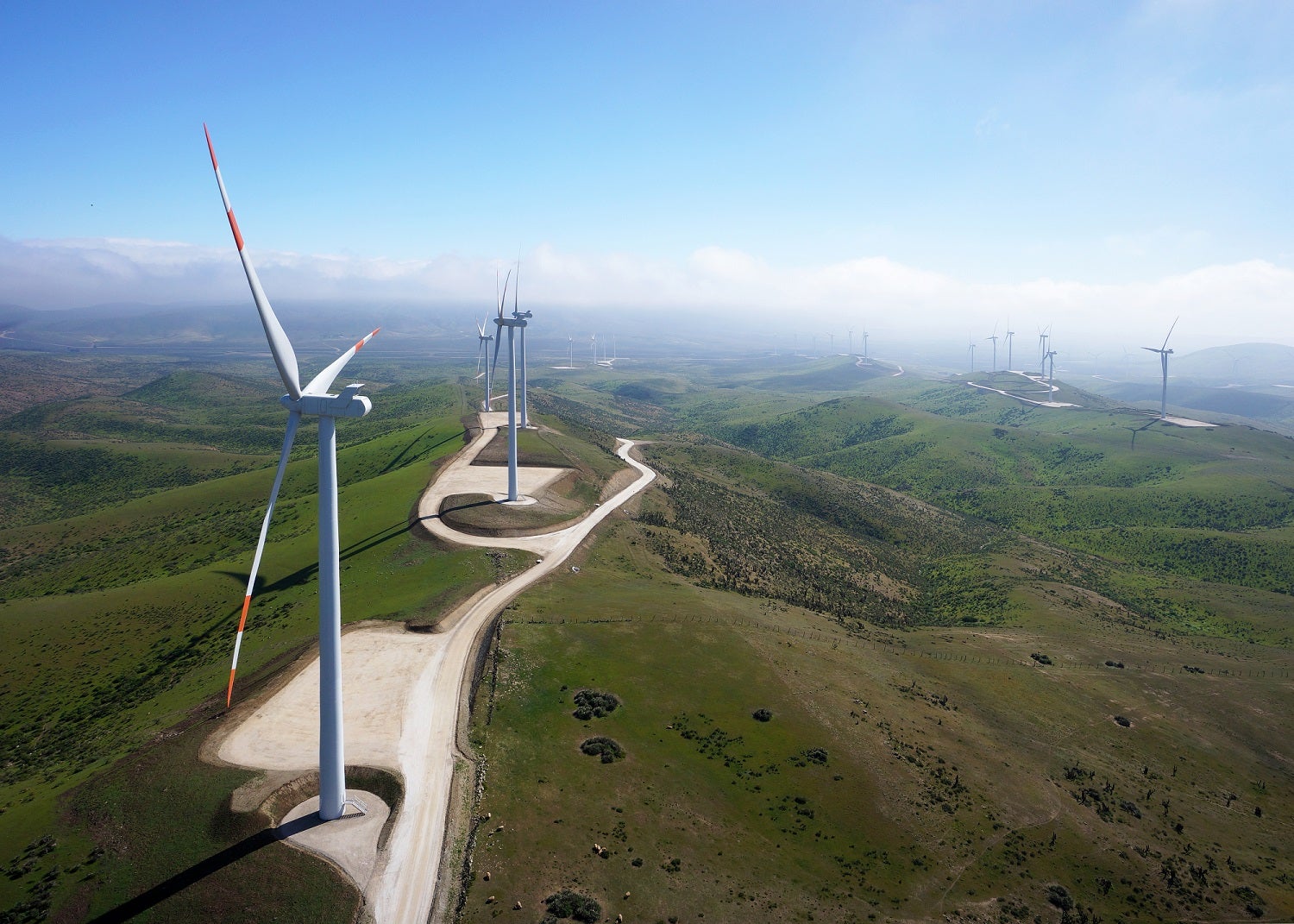
Enel Green Power Chile, a subsidiary of Enel Chile, is developing studies to install a hydrogen production plant in Chile’s southern region of Magallanes. The plant would mark the first time that green hydrogen is produced in Chile by electrolyser-fuelled wind energy.
Enel Green Power global CEO and head of Enel’s global power generation business line Salvatore Bernabei said: “Green hydrogen can truly play a major role in the energy transition by supporting decarbonisation of hard-to-abate sectors where electrification of end uses is not an easy solution. Enel focuses on this type of hydrogen, which is produced via electrolysers, powered by 100% renewable electricity.”
He added: “This project, which is a milestone for the group globally, can put our vision into practice. Specifically, a project like this can allow us to analyse the best technological solutions to efficiently produce hydrogen by leveraging on the Magallanes Region’s wealth of resources and robust infrastructure. As we are doing in Chile, we will continue scouting for other countries worldwide where similar initiatives can be launched.”
The pilot project that would be one of the largest of its kind in Latin America is expected to commence production as soon as 2022.
The announcement was made during a recent event attended by Chilean Energy Minister Juan Carlos Jobet.
The hydrogen potential of Chile
Chile is seen by experts as one of the world’s biggest countries with potential for production and export of green hydrogen.
Up to 20% of the country’s accumulated carbon dioxide reduction by 2050 will be performed through cost-effective green hydrogen, according to Chile’s Ministry of Energy. The International Energy Agency has in turn estimated that Chile is able to produce 160 million tons of green hydrogen per year, doubling the current demand for hydrogen. In addition, the price of green hydrogen is to become competitive with diesel in approximately less than 10 years, according to Bloomberg projections.
In the meantime, as the fifth-largest consumer of energy on the continent, but not a major producer of fossil fuels, Chile remains heavily dependent on energy imports.
According to the US Energy Information Administration, as of 2015, Chile imported over 304,000 oil barrels per day, split between refined petroleum products (approximately 150,000 b/d) and crude oil (167,000 b/d).



